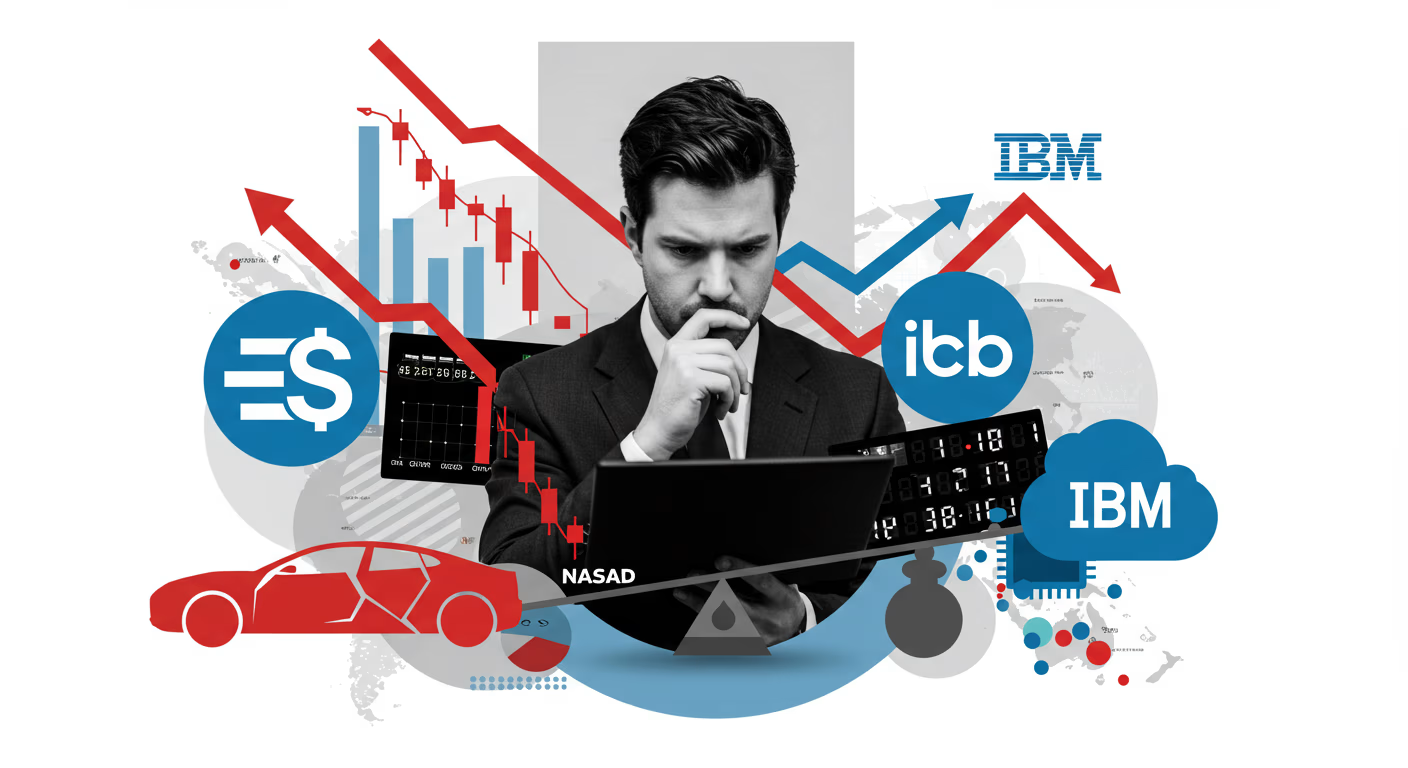In the power corridors of Washington, few names have sparked as much debate in the tech industry as Lina Khan. At just 35, the Chair of the Federal Trade Commission (FTC) has become a central figure in a growing showdown between the U.S. government and Big Tech. Praised by some as a reformer and decried by others as overreaching, Khan represents a new wave of antitrust thinking—one that Silicon Valley finds deeply unsettling.
But the real reason Silicon Valley fears Lina Khan isn’t just about policy. It’s about power—who holds it, how it’s regulated, and what the future of American innovation looks like when unchecked dominance is no longer the default.
A Rising Star With a Radical Vision
Lina Khan burst onto the antitrust scene in 2017 as a law student at Yale with a paper titled Amazon’s Antitrust Paradox. In it, she argued that traditional antitrust law, focused narrowly on consumer prices, failed to account for how tech giants like Amazon used data, scale, and platform dominance to stifle competition—even if their products were cheap or free.
This idea rattled the status quo. The “Chicago School” of antitrust—focused on consumer welfare—had long guided regulators. Khan proposed something more structural, viewing market concentration and anti-competitive behavior through a broader societal lens, including labor, innovation, and democracy itself.
By the time President Biden appointed her to lead the FTC in 2021, Khan had already become a symbol of this antitrust renaissance. Her confirmation was a declaration that the old playbook was being torn up.
Why Tech Titans Are on Edge
From Meta and Amazon to Google and Apple, the companies dominating Silicon Valley have long operated with little fear of federal enforcement. That changed under Khan’s leadership.
The FTC under Khan has filed or supported high-profile lawsuits against major tech firms, including:
- A major antitrust case against Meta, attempting to block its acquisition of virtual reality startup Within.
- A lawsuit targeting Amazon, alleging deceptive subscription tactics and abusive marketplace practices.
- Increased scrutiny on Google’s advertising business, with the potential to force structural divestitures.
Even Microsoft’s acquisition of Activision Blizzard—though ultimately allowed—was met with FTC resistance, a signal that no company, no matter how politically well-connected, is immune.
These moves have sent shockwaves through the tech ecosystem, especially among venture capitalists who fear that aggressive enforcement may dampen acquisition-driven exits, a critical component of startup funding models.
More Than Regulation: A Philosophical Clash
The heart of Silicon Valley’s discomfort with Khan is not just legal—it’s philosophical. Tech leaders see themselves as the drivers of progress, pushing boundaries, creating markets, and fueling the economy. Government, in this view, should act as a facilitator, not an obstacle.
But Khan challenges that ethos. She sees scale not as inherently good but as potentially dangerous. She questions whether monopolistic platforms can coexist with democratic values. And she argues that the harms of Big Tech—surveillance, algorithmic bias, suppression of competition—require bold corrective action.
This worldview is an existential threat to Silicon Valley’s self-image as benevolent innovator. It reframes tech’s success not just as brilliance, but as the product of aggressive tactics that deserve oversight.
The Personalization of Policy
Part of the backlash against Khan stems from how personalized her critiques have become. In internal memos, tech executives have called her “obsessed” and “ideologically driven.” Trade associations have launched PR campaigns painting her as a threat to innovation. Some have even suggested that her academic writings disqualify her from ruling impartially on cases involving companies she has criticized.
The irony, of course, is that for decades, tech giants were regulated by officials with close ties to the industry. Khan’s independence—from lobbying groups, former employers, or private firms—is precisely what her supporters believe qualifies her to lead.
Still, the pushback has taken its toll. FTC lawsuits under Khan’s leadership have seen mixed success in courts, and her bold rhetoric has occasionally clashed with the legal system’s slower, more incremental approach.
Silicon Valley’s Narrative: Innovation Under Attack
To defend their interests, tech companies have reframed the antitrust battle as an attack on innovation. Executives warn that if regulators like Khan succeed, the U.S. could fall behind China in AI and digital infrastructure. They argue that breakup threats and acquisition restrictions chill entrepreneurial energy and stifle the very startups regulators claim to protect.
This narrative has found sympathetic ears, especially among lawmakers concerned with national competitiveness. But critics say it’s a deflection—that dominant platforms suppress innovation by copying competitors, locking in users, and making it harder for new entrants to gain a foothold.
Khan’s supporters point to the stagnation in key markets—like search, e-commerce, and mobile operating systems—as evidence that Big Tech’s dominance has stifled real competition.
The Political Chessboard
Behind the courtroom battles lies a complex political game. Khan’s critics in Congress, mostly from the Republican side, accuse her of regulatory overreach and hostility toward business. Some have called for investigations into her conduct. Meanwhile, progressives argue that she hasn’t gone far enough, pressing for more aggressive action.
Khan walks a political tightrope: her success depends not only on legal victories but on her ability to navigate Washington’s deeply polarized environment. Every lawsuit is both a legal argument and a political statement.
In this sense, Khan’s presence at the FTC marks a larger shift: from reactive regulation to proactive governance. Whether she succeeds in rewriting the rules will depend on more than just policy—it will hinge on public opinion, judicial interpretation, and political will.
What’s at Stake
Lina Khan’s battle with Silicon Valley is not just about mergers or market share. It’s about the kind of digital economy America wants to build. Should a handful of platforms control the infrastructure of commerce, communication, and culture? Or should competition, openness, and accountability shape the landscape?
Khan’s answer is clear. Her critics’ answer is equally clear. The outcome of this ideological and legal war will shape not just the fate of individual companies but the structure of the tech economy for decades.
In that sense, the real reason Silicon Valley hates Lina Khan isn’t because she’s wrong. It’s because she threatens to be right—and powerful enough to act on it.





